Nanoindenter: Understanding Its Uses in Material Testing and Characterization
High temperature publications 2024
Application Notes
Key Applications of Nanoindenters in Material Science - Micro Materials UK
A nanoindenter is a precise testing instrument used to measure the mechanical properties of materials at the nanoscale, specifically properties like hardness, elastic modulus, and creep behavior. It works by pressing a sharp indenter into the material's surface under a controlled force and measuring the resulting indentation depth.
Primary Uses of Nanoindenter:
- Measuring Hardness and Elastic Modulus
- Nanoindenters are widely used to determine hardness (resistance to permanent deformation) and elastic modulus (stiffness) of materials, which are essential for understanding their mechanical performance.
- Thin Film and Coating Analysis
- They are ideal for testing the mechanical properties of thin films, coatings, and microstructures, where traditional hardness testing methods would be ineffective.
- Material Characterization at the Nanoscale
- Nanoindentation allows the characterization of nanomaterials, such as nanoparticles, nanocomposites, and nanosheets, to evaluate their mechanical properties at small scales.
- Studying Microstructure-Property Relationships
- Nanoindenters help analyze how the microstructure of materials, such as grain size, phase distribution, or compositional variations, affects their mechanical behavior.
- Measuring Creep and Stress-Strain Behavior
- They are useful for studying the creep behavior of materials (deformation under constant load over time), which is important for materials used in high-temperature applications.
- Quality Control in Manufacturing
- Nanoindenters are used for quality control in manufacturing industries, particularly for verifying the mechanical properties of materials used in high-performance applications (e.g., aerospace, automotive).
- Biomaterials and Tissue Engineering
- In biomaterials research, nanoindentation is employed to measure the mechanical properties of human tissue, implants, and biomaterials at the nanoscale, which is essential for developing tissue-engineered products.
- Nanoelectronics and MEMS
- It is also used in the development and testing of microelectromechanical systems (MEMS) and nanoelectronics, where materials often have very small dimensions and unique mechanical properties.
For immediate assistance, you can reach us by phone or email. Our team is always happy to answer any queries you have, big or small. Check our contact details below:
- Phone: +441978261615
- Email: info@micromaterials.co.uk
- Office Address: Willow House • Yale Business Village • Ellice Way • Wrexham • LL13 7YL • United Kingdom
- Business Hours : We operate from 08:30am to 05:00pm Monday through Friday, and we aim to respond to all messages within 24 hours.
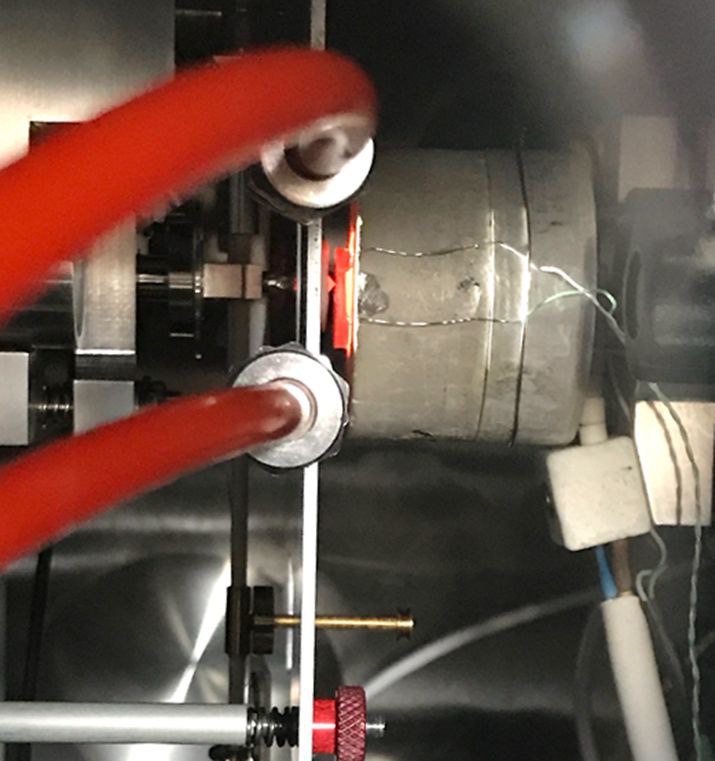
Inside a NanoTest Xtreme nanomechanical test system, capable of testing at high temperatures, upto and exceeding 1000 °C , under high vacuum conditions
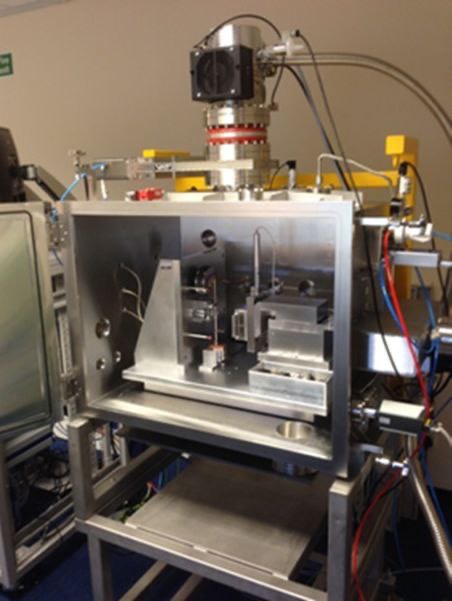
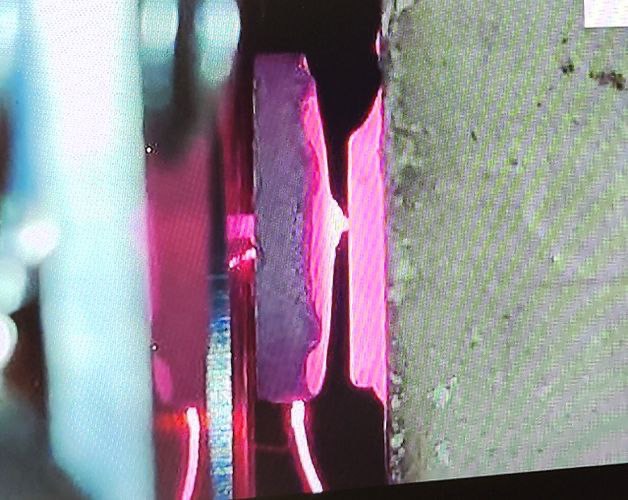
Image showing high temperature nanoindentation testing at temperatures over 900 °C using the NanoText Xtreme instrument supplied by Micro Materials Ltd
Image taken by Adrian Harris of Micro Materials Ltd, showing localised heating at 950 °C on an Xtreme system
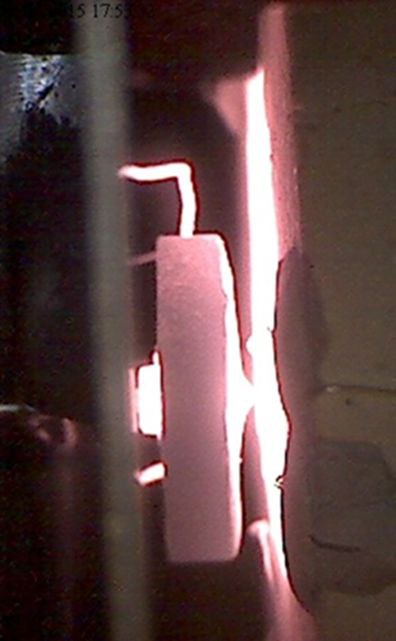
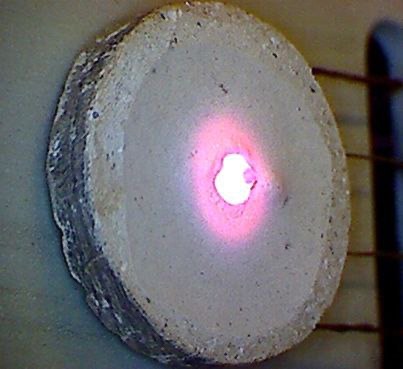
Image taken by Andrew Bird (Micro Materials Ltd), showing localised heating at
750 °C on an Xtreme system in use at the University of Oxford
Nanomechanical testing to 1000 °C
Application Notes
High temperature micro-scratch and impact
Technical Notes
High temperature creep resistance
Application Notes
Nuclear materials
Application Notes
Explore More
To further enhance your experience and understanding, we invite you to check out the following pages on our website that we believe are essential to your journey with us:
- High-Temperature Nanoindentation Testing for Advanced Material Characterization
- Advanced Nano Scratch and Wear Testing for Coatings and Materials
- Nano-Impact Testing for Advanced Material Performance in High-Stress Applications
These pages offer valuable insights and resources to help you achieve your goals.